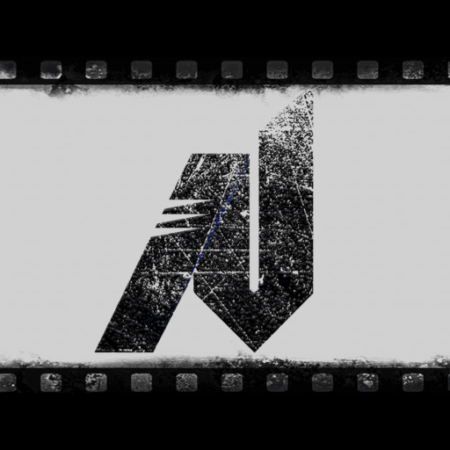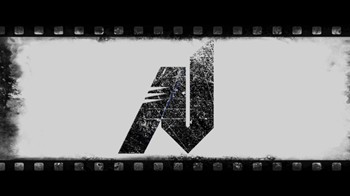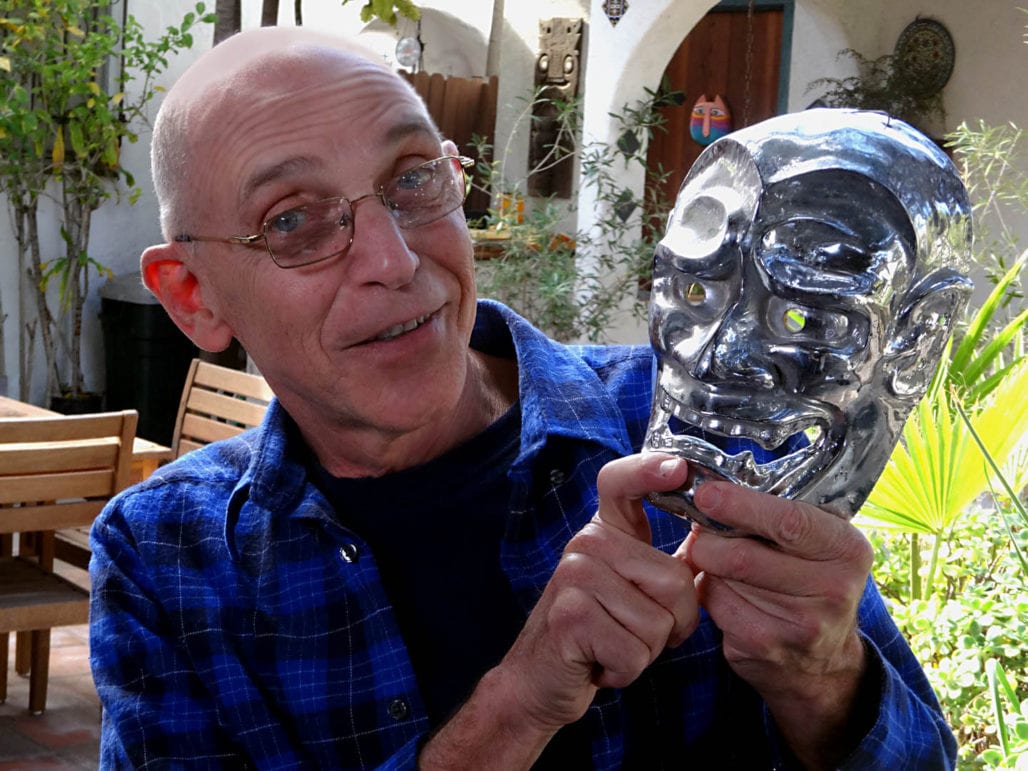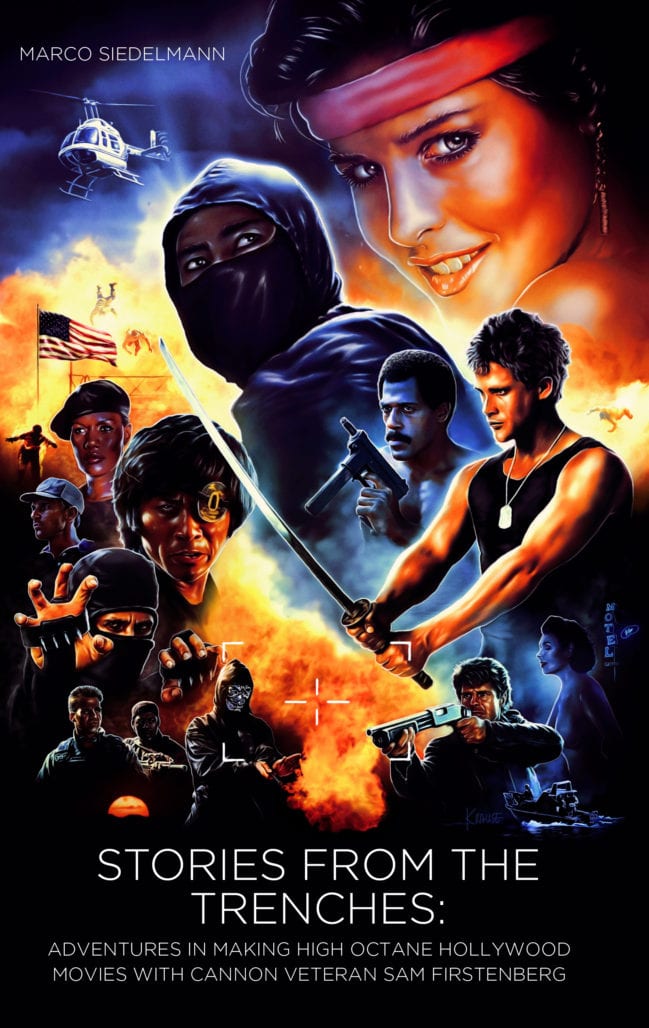AndersonVision: What fascinates you about the early film industry in Israel?
MARCO SEIDELMANN: There was a lot of interesting stuff going on. The uprising of Menahem Golan and Yoram Globus helped to build a whole industry out of nothing – back then there was just a television industry in Israel. I think the Israeli film industry – just like the one in America – benefits from countless cultural influences, caused by immigration. Also all the Cannon fans should pay attention to the Israeli film industry, because it’s the origin of the whole story: DELTA FORCE for example is basically a remake of Menahem Golans OPERATION: THUNDERBOLT, one of the biggest hebrew films ever produced until today. After the success of OPERATION: THUNDERBOLT and LEMON POPSICLE Golan and Globus went to Hollywood to conquer the American film industry, and throughout the following years they recruited numerous talents and crew people from Israel. That has changed the face of Hollywood, because so many of the crew went on to huge blockbuster movies. Think of Adam Greenberg, who started with Golan and Boaz Davidson, and later was the cinematographer of TERMINATOR 2.
AV: What inspired this massive tome regarding Sam Firstenberg?
MS: After I released the book about Shapiro Glickenhaus Entertainment it was clear to me that I will continue my work as a chronicler of the era of the video boom, the mid-budget commercial independent movies, and the American genre film. First I thought of going on focusing on the companies, but for several reasons I decided to go on with one separated filmmaker. Sam Firstenberg was my choice, because I saw him in the Cannon documentary ELECTRIC BOOGALOO and he seemed like a very nice guy without any regrets, and with a lot of humor. That was the reason to reach out to him, and although he was a little bit sceptic at first he quickly got excited, and we began to work on „Stories from the Trenches“ – just like the history of Shapiro Glickenhaus Entertainment the career of Sam Firstenberg does stand alone as a topic of value, but still reflects to the whole atmosphere and zeitgeist of that particular part of film history.
AV: When did you first discover Cannon Films?
MS: Just like so many other cinema buffs I discovered them in my childhood and youth, watching films starring Chuck Norris, Michael Dudikoff, Sylvester Stallone, and so many other iconic actors. I wasn’t only a fan of this specific kind of films, but somehow they stuck with me all over the years. Later on I re-discovered them and felt about them in another way. Of course they are entertainment, but suddenly I recognized the excellent style of the different directors, and the visionary qualities of producer Menahem Golan. Perhaps noone ever loved cinema more than him. We all know that he paid a price for this, but still he achieved incredible things. He almost conquered Hollywood.
AV: While Cannon is enjoying a comeback among film fans, explain the rise of Nu Image.
MS: For me it’s obvious that Nu Image continues the spirit of Cannon. An important reason for this might be that so many people who worked for the Cannon Group found a new home at Nu Image – and don’t forget that Avi Lerner was involved in many Cannon films in South Africa as a young producer, before he went on founding his own company. Sam Firstenberg directed as many films for Nu Image as he did for Cannon, and he’s not the only director who worked for both companies.
AV: What is your favorite Firstenberg film?
MS: It’s hard to say, because I delved deep into his whole body of work, plus I became personal friends with Sam. I would say AVENGING FORCE is the best film he ever directed. But also RIVERBEND is very underrated and nearly forgotten, although it includes the best acting of all Firstenberg films. AMERICAN NINJA 1 & 2 had a great chemistry between Michael Dudikoff and Steve James, and it’s no surprise that both of them still remain cult favorites among the Cannon fans. I also have a love for the ridiculous and insane films like BREAKIN‘ II: ELECTRIC BOOGALOO, NINJA III: THE DOMINATION, and both CYBORG COP movies.
AV: What got you interested in switching from direct film journalism to publishing?
MS: It was totally natural for me, because even before I published my first book I recognized that I feel much more comfortable as a chronicler and interviewer instead of a critic. I don’t think writing reviews was ever my strength, and it’s much more satisfying to talk to the people who actually did the movies instead of just writing about them. Every interview is an amazing journey through decades of filmmaking, and I love to dig out the personal stories behind the names we can see in the credits. Being a publisher allows me to edit the interviews and release them in much more extended versions compared to the ones published in magazines.
AV: While Firstenberg has retired, do you believe that he could return to filmmaking?
MS: I don’t think so. There’s a whole chapter in my upcoming book, dedicated to Sam’s retirement and the reasons for that. Sam isn’t bitter at all about his retirement, it just happened for natural reasons. He’s a man with a satisfied mind. But you never know, right? I think if there would be a possibility for him to work under solid circumstances he might would return for one last gig. Time will tell.
AV: While Firstenberg’s works get a wide home video release in other markets, why can’t we get more of his films in America?
MS: I really can’t answer this, I’m based in Germany and the German film industry has almost no genre film output at all. Also I think there has been a renaissance of action movies that has started with the beginning of the Direct-to-DVD era. Companies like Nu Image are still producing fine genre films, and action heroes like Stallone, Van Damme, Lundgren and Seagal established a fascinating new type of action films, mostly shot in Eastern Europe. Those films are much darker, almost nihilistic – maybe they don’t have the playfulness of the Cannon movies, but I don’t think the whole genre got worse. It just changed.
AV: Do you have any plans to tackle the rest of the Israeli New Wave?
MS: Well, I’m not an expert and I probably never will be one. Simply because I don’t speak hebrew, so english subtitles are necessary for me. Besides that, many films are not available and very rare. But of course there’s one filmmaker I would love to dedicate a book to, and this is Boaz Davidson. Not only because his magnificent LEMON POPSICLE, and his later career in Cannon and Nu Image, but because ny my opinion he was the best Israel filmmaker from his generation. Influenced by British masters like Richard Lester and Tony Richardson he established a young, fresh, and rebellious cinema with a great sense for rhythm and poetry. I already interviewed him. He’s a very nice man, an amazing storyteller; very sensitive and smart. It would be another dream project for sure!
AV: What can the AndersonVision readers do to help your book?
MS: They can help to spread the word by sharing the campaign, telling all their movie-interested friends about it, especially the ones who are into the commercial independent films of the 80s. And if they are able to donate – I am thankful and happy for every bit of help. It also helps the project when people buy my first book, “The Untold, In-Depth, Outrageously True Story of Shapiro Glickenhaus Entertainment.“




